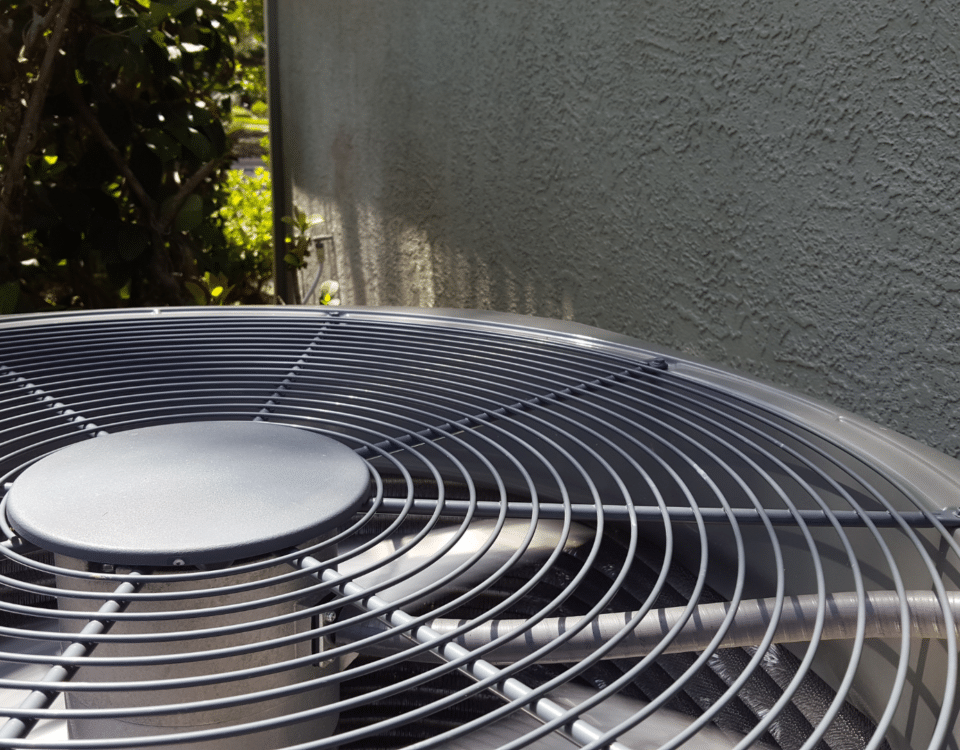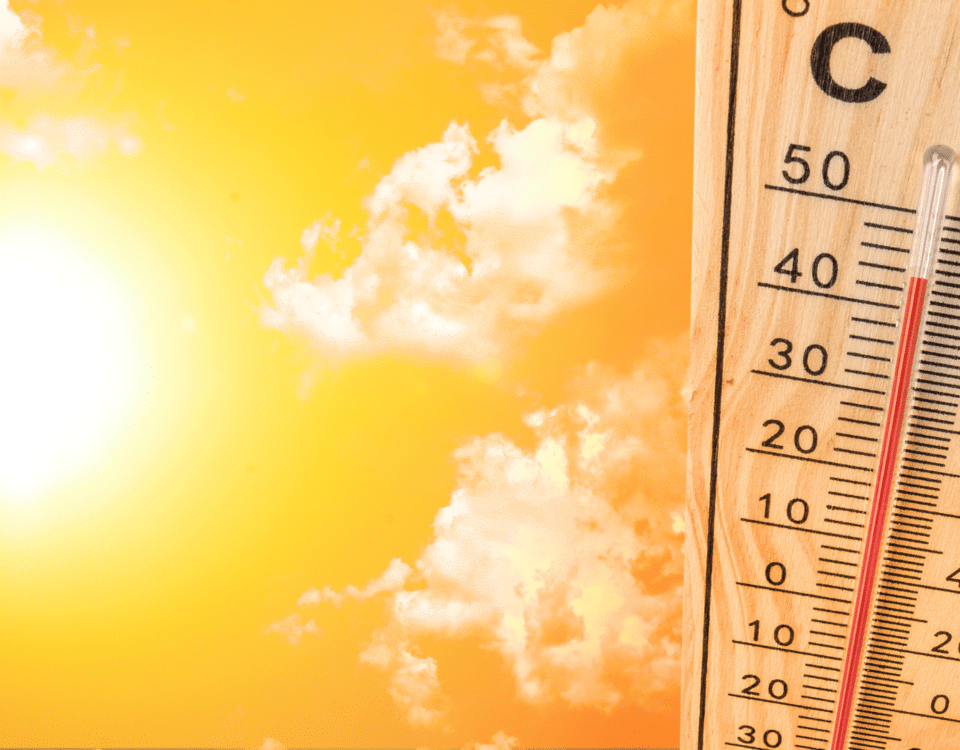In these times of energy costs that seem to just keep rising and rapidly depleting fossil fuels, making your Hilton Head air conditioner more efficient will reduce your energy usage, make your home a place that is more comfortable, save money, and possibly help to save the environment around you. No matter what kind of Hilton Head air conditioning system you have installed, there are steps you can take to make your air conditioning system run with efficiency without getting a new AC unit.
Here are some basic tips on how to make your air conditioner more efficient:
- Have your air conditioner professionally serviced annually
- Clean your air ducts
- Install clean air filters every 3 months during the cooling season
- Find and seal all cracks in your house. Small cracks are not uncommon around seams, corners and other areas. These can be sealed with caulk.
- Find and seal any gaps or cracks around windows and doors. This can be accomplished with weatherizing tape or with caulk.
- Close the flue in your fireplace chimney. A surprising amount of air exchange can occur through an open flue.
- Use high-efficiency windows and doors or storm windows and doors. Well-insulated windows can reduce your cooling cost by 25-50%.
- Add weather-stripping to windows and doors to create a tight seal. If you are not planning to upgrade your windows and you want to achieve better efficiency, the same weather-stripping used in winter can be used to seal and insulate these areas.
- Use major appliances during the coolest part of the day or evening. Appliances generate heat when they are in use, particularly dishwashers, washing machines and dryers. Using these appliances during the cooler parts of the day causes less stress on the working of your air conditioner.
- Use shades and blinds to block the heat and UV rays from the sun. Shades and blinds provide more than privacy – they also deflect heat from the sun and the UV rays that could damage your furniture and carpeting.
- Add UV coatings or films to exterior windows. Many newer windows have low-e coatings which allow light to enter the room but block the heat and the UV rays. These coatings can be added to the windows by professionals or you can buy and apply sheets of UV deflecting film.
- Check the insulation around windows and doors. These are the greatest opportunities for gaps and cracks that allow heat exchange.
- Check the insulation in your attic (most heat exchange occurs through the roof). Be sure you have the right kind and amount of insulation and that your attic is properly vented.
- Use ceiling fans to better circulate the cooled air
- Use register/vent booster fans to better circulate the cooled air
- Seal off any unused/unconditioned parts of the house so cooled air will not escape into these areas and heat will not enter the main part of the house
- Use ventilation fans to carry heat and steam from the bathrooms and kitchen
These steps will make any cooling system more efficient. This will enable you to save energy and cost and reduce the demand on fossil fuels.






